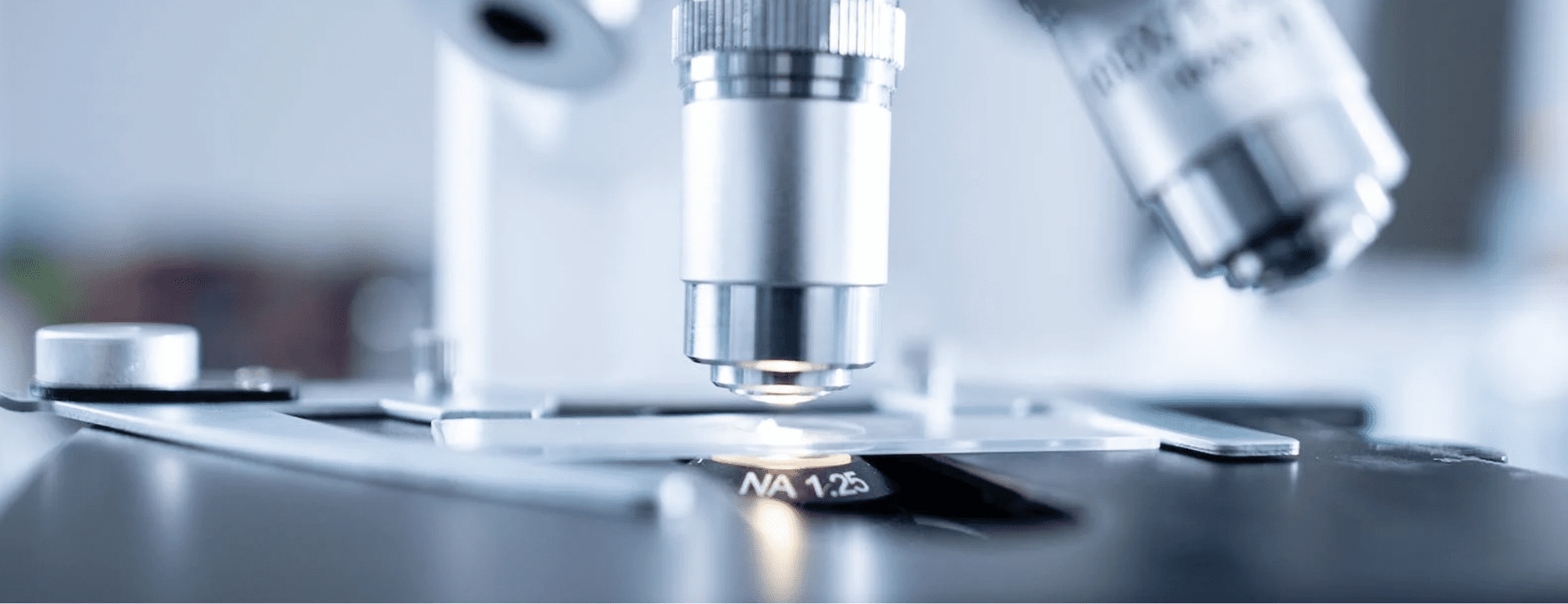Intestinal metaplasia: An early warning sign of precancerous gastric lesions
05/05/2025What is intestinal metaplasia?
Intestinal metaplasia is a condition where the lining of the stomach undergoes changes, with normal gastric glandular cells transforming into cells resembling those found in the small or large intestine. This is a response to prolonged chronic inflammation, most commonly caused by Helicobacter pylori (H. pylori) infection. Intestinal metaplasia primarily affects the stomach.
Book a check-up appointment via the link

Is intestinal metaplasia Cancer ?
Intestinal metaplasia itself is not Cancer . However, it is considered a pre-cancerous lesion, which can progress to dysplasia and eventually gastric adenocarcinoma if not properly monitored and managed.
Causes of gastric intestinal metaplasia
H. pylori infection: H. pylori infection is a major risk factor, leading to chronic gastritis and damage to the gastric mucosa, which can result in intestinal metaplasia.
Atrophic gastritis: Prolonged inflammation can cause loss of gastric glands and promote the development of intestinal metaplasia.
Unhealthy diet and lifestyle:
- High salt intake, consumption of smoked or fried foods
- Lack of fruits and vegetables in the diet
- Smoking and excessive alcohol consumption
Other risk factors
- Age: Individuals over 50 years old are at higher risk.
- Genetics: A Family history of gastric Cancer increases susceptibility.
Symptoms of gastric intestinal metaplasia
Gastric intestinal metaplasia often presents without specific symptoms. It is usually detected incidentally during routine health checkups or gastrointestinal endoscopies. Therefore, individuals should pay close attention to digestive issues and undergo regular health screenings for early detection.
Symptoms, if present, are generally due to associated digestive problems such as bloating, indigestion after meals, nausea, mild epigastric pain, or Anemia resulting from vitamin B12 malabsorption.
Gastrointestinal endoscopy: The key to diagnosis
Upper gastrointestinal endoscopy
This is the most accurate method to detect abnormalities in the gastric mucosa. Physicians can directly observe and assess disease risk through endoscopic imaging.
Biopsy for intestinal metaplasia
A biopsy allows microscopic examination of tissue samples to determine the extent of metaplasia, guiding physicians in developing appropriate monitoring or treatment plans.
How to effectively prevent intestinal metaplasia
- Screen for and treat H. pylori infection if tested positive.
- Maintain a healthy diet: increase your intake of fresh fruits and vegetables.
- Reduce salt consumption and limit processed foods.
- Avoid smoking and limit alcohol intake.
- Maintain regular physical activity and a stable weight.
- Undergo routine endoscopy if you have high-risk factors such as atrophic gastritis or a family history of gastric Cancer . Regular health checkups are crucial for early detection and appropriate management of gastric conditions.
Frequently asked questions
How long does it take for intestinal metaplasia to develop into Cancer ?
There is no fixed timeline for the progression of intestinal metaplasia to Cancer . It depends on factors such as the type of metaplasia, severity of the lesion, presence of H. pylori infection, and genetic predisposition. Therefore, patients should strictly follow their physician’s recommended endoscopy schedule. While intestinal metaplasia is a risk factor, it does not necessarily lead to cancer. Early detection and timely intervention can effectively control and minimize the risk.
Can intestinal metaplasia be completely cured?
Intestinal metaplasia is a chronic inflammatory condition of the gastric mucosa and is difficult to completely cure. However, with regular health monitoring, timely medical checkups, and maintaining a healthy lifestyle, the condition can be effectively managed to prevent progression and complications.
This article was medically reviewed by Dr. Phan Tan Huan, Specialist Level I in General Surgery and Gastrointestinal Endoscopy – Hoan My Gold PXL Medical Center.
For consultation or to schedule an appointment, please contact Hoan My Gold PXL hotline: 0901 840 678 or book an appointment at link
